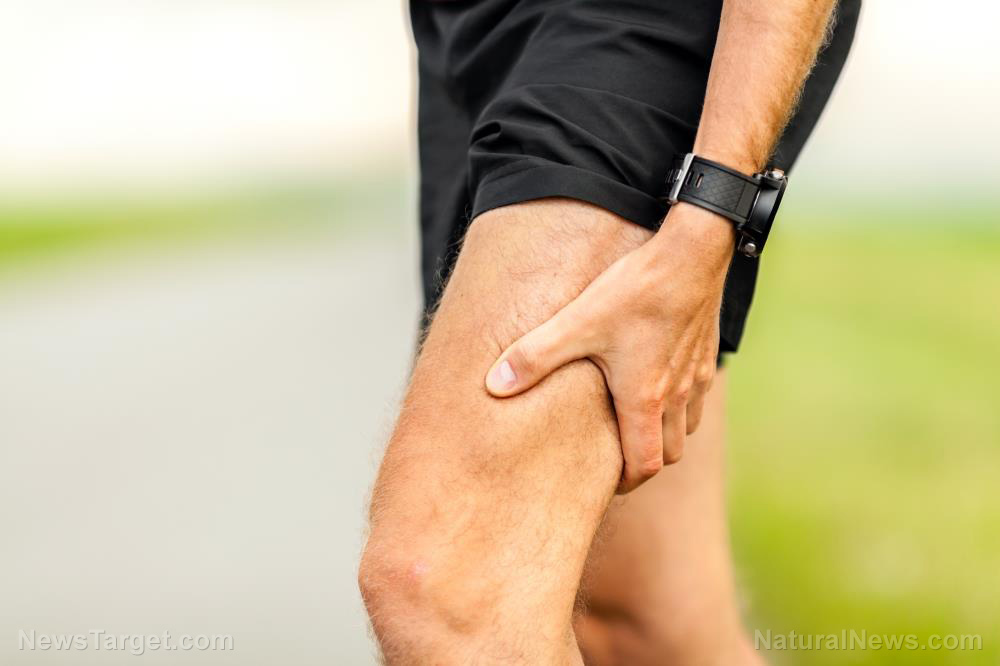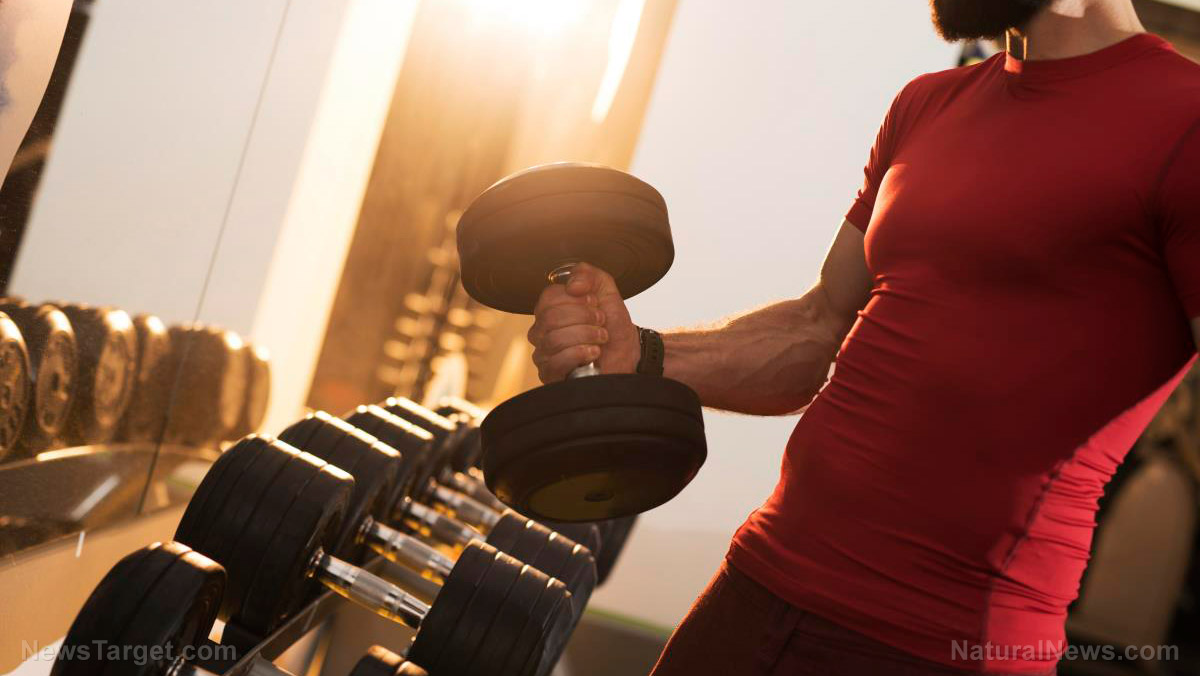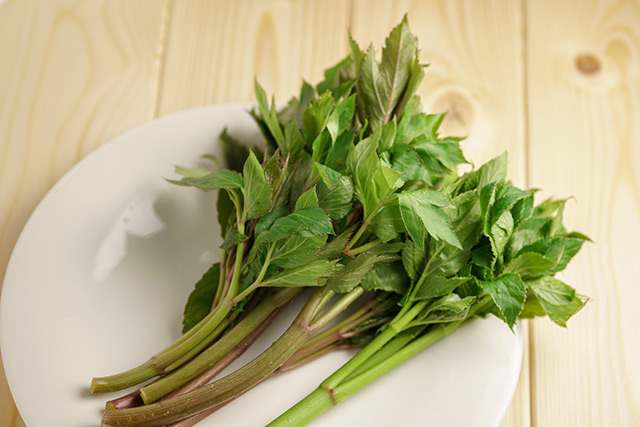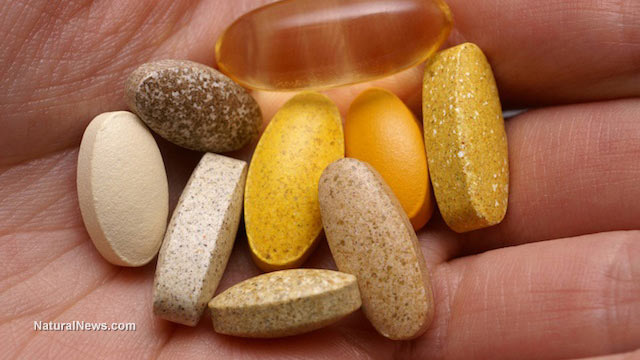
The team examined healthy and unhealthy older adults and found that the two groups have a distinct profile of gut bacteria. Further experiments with mice demonstrated a link between the gut microbiota and muscle strength.
Their findings appeared online in the journal Experimental Gerontology.
Gut microbiota linked to muscle strength
The gut-muscle axis, or the relationship between the gut microbiota and muscle mass and function, has been previously explored in mice and younger adults. However, few studies have been performed with older adults.
To gain insight into this population, the team enlisted 18 physically active adults aged 70 to 85 years with favorable body composition, as well as 11 inactive adults with less favorable body composition. After comparing the bacterial profiles of the participants, they found higher levels of Prevotellaceae, Prevotella, Barnesiella, and Barnesiella intestinihominis in the physically active adults.
To investigate the link between the gut microbiota and muscle health, the researchers transferred fecal samples from the adults into germ-free, gender-matched mice. They measured body composition, grip strength and treadmill endurance capacity to test the physical function of the rodents.
The mice exhibited the same bacterial differences as the adults, with grip strength increasing in those that received the samples from the physically active participants. However, the researchers found no significant differences in body composition or endurance capacity.
“[With] these results we now start to understand the role of gut bacteria in the maintenance of muscle strength in older adults,” said corresponding author Michael Lustgarten of Tuft's Nutrition, Exercise Physiology and Sarcopenia Laboratory.
Increasing levels of Prevotella in the gut, for instance, may lead to a corresponding increase in muscle strength, said Lustgarten. He added that the role of Prevotella in maintaining muscle strength in the elderly is one area of research that they plan to explore.
The importance of the gut microbiota
Other studies also found a potential link between the gut microbiota and muscle health. In a study published in Science Translational Medicine, researchers found that mice with gut microbes had stronger skeletal muscles compared to germ-free mice.
The team conducted experiments on mice with and without a trace of microbes in their gut and found that the germ-free mice had increased expression of genes linked to muscle atrophy. They also displayed problems with the function and production of new mitochondria in the skeletal muscles. The mitochondria are responsible for breaking down nutrients to produce energy for cellular activity.
The germ-free mice also had reduced levels of key proteins necessary for the assembly and function of a neuromuscular junction, a chemical structure that facilitates muscle contraction by allowing a motor nerve cell to communicate with a skeletal muscle fiber.
When the researchers transplanted gut microbes to the germ-free mice, levels of these proteins were partially restored and muscle growth and function were improved. In addition, signs of muscle atrophy were reduced. (Related: How can quercetin benefit muscle health?.)
"This line of research will lead to novel ways to maintain or improve muscle mass, strength, and function by modulating the microbial composition in the gut," said Wang Yue of Agency for Science, Technology and Research in Singapore.
Yue, who was not involved in the study, added that such novel strategies will have broad applications in muscle-related health issues. One area with enormous potential is age-related sarcopenia, the loss of skeletal muscle mass as a result of aging.
Learn more about the gut microbiota's role in human health at Digestion.news.
Sources include:
Please contact us for more information.





















